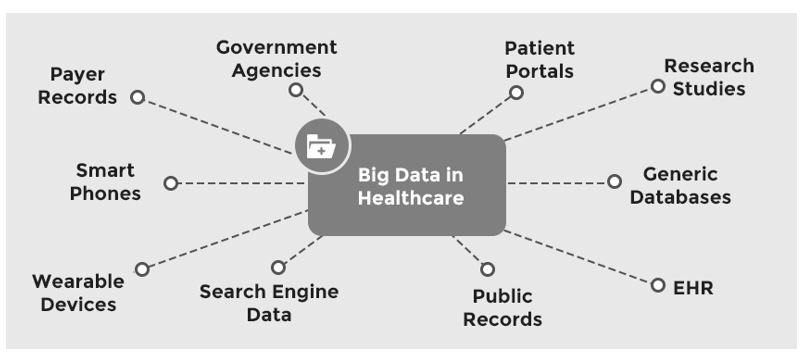The Impact of Big Data on Health Economics: Opportunities and Applications
Keywords:
Big Data, Health Economics, Predictive Analytics, Personalized Treatment, Population Health ManagementAbstract
Big Data has transformed the field of health economics, providing researchers with an unprecedented level of data and insights that can inform healthcare policy and practice. In this study, we explored the opportunities and applications of Big Data in health economics, examining its potential to improve healthcare delivery, reduce costs, and promote better health outcomes.
Our findings suggest that Big Data has significant potential to transform thne field of health economics. By using predictive analytics, health economists can identify patterns and trends in healthcare utilization, cost, and outcomes, which can inform the design and implementation of more effective and cost-efficient interventions. Additionally, Big Data can be used to develop personalized treatment plans that are tailored to an individual's specific needs, reducing healthcare costs and improving patient outcomes. Furthermore, Big Data can be used to monitor and manage population health by identifying high-risk individuals, predicting disease outbreaks, and developing strategies to prevent and manage chronic conditions. Health economists can also use Big Data to evaluate the impact of health policy interventions, such as Medicaid expansion and value-based care, and inform future policy decisions. Our study demonstrates that Big Data presents numerous opportunities for health economists to improve healthcare delivery, reduce costs, and promote better health outcomes. By leveraging the power of Big Data, health economists can develop new insights and strategies that can transform the field of health economics and benefit patients, providers, and policymakers alike.
